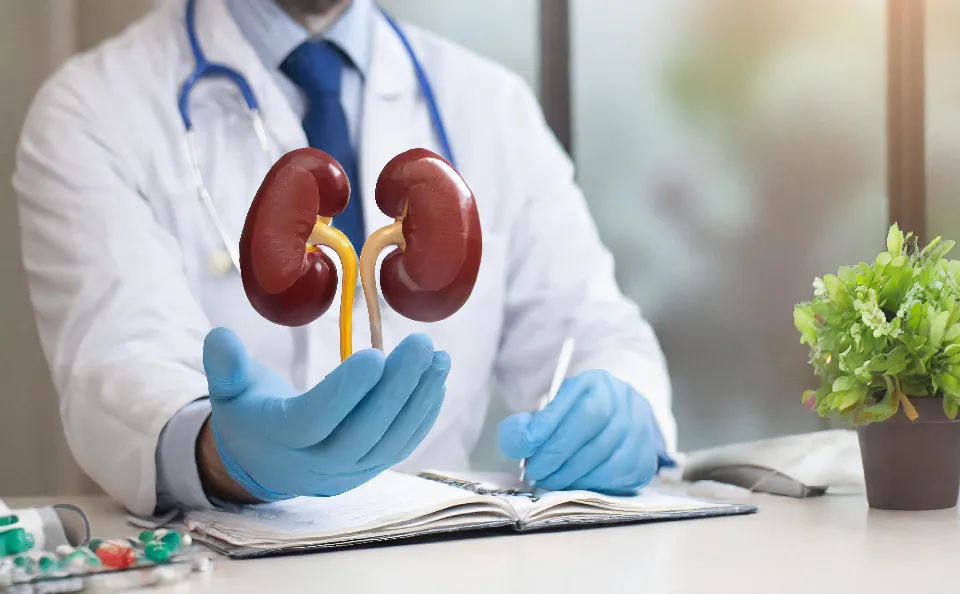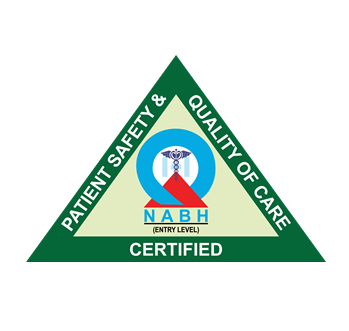
How to Keep Your Kidneys Healthy: 8 Essential Tips
Your kidneys are two organs the size of fists that are located at the back of your abdomen, just below your rib cage. They may be small, but they do important things that keep your body healthy:
- Filtering waste – means taking toxins and extra fluid out of your
- Balancing minerals – means keeping sodium, potassium, and pH levels in
- Making hormones – controlling blood pressure and making red blood cells
- Activating vitamin D – helps bones take in
Our nephrology specialists at East Point Hospital in Bangalore say that the best way to avoid kidney disease is to prevent it. A lot of people don’t know their kidneys are hurt until it’s too late. You can protect your kidneys and improve your health in general by following these eight easy steps.
8 Ways to Take Care of Your Kidneys
1. Keep moving by working out
Regular exercise is good for more than just your weight; it also lowers your risk of kidney disease by:
- Reducing blood pressure
- Making the heart healthier
- Helping keep blood sugar levels stable
- Taking a 30-minute walk every day
- Dancing, swimming, or riding a bike
- Aerobics or yoga that aren’t too hard
- Even small changes in how active you are can make a
2. Keep Your Blood Sugar in Check (Especially If You Have Diabetes)
Too much sugar in your blood makes your kidneys work too hard, which hurts them over time.
How to keep yourself safe:
- Check your glucose levels often
- Follow your doctor’s advice about what to eat and take your Get tests to see how well your kidneys are working if you have diabetes.
- Finding it early can stop permanent
3. Keep an eye on and control your blood pressure
High blood pressure puts stress on the blood vessels in the kidneys, which can cause damage.
- Normal blood pressure: less than 120/80
- Prehypertension: 120–139/80–89 (you need to change your lifestyle)
- High BP: 140/90 or higher (might need medicine) Here are some natural ways to lower your blood pressure:
- Eat less salt
- Work out often
- Take care of stress
4. Follow a diet that is good for your kidneys
A balanced diet can help you avoid obesity, diabetes, and high blood pressure, all of which are bad for your kidneys.
Eat more of these foods:
- Fresh vegetables like cauliflower and cabbage
- Berries like blueberries and strawberries
- Whole grains like oats and brown rice
- Lean proteins like fish and
5. Drink enough water, but not too much.
Drinking water helps get rid of toxins and stops kidney stones from forming.
How much water should you drink?
- 5 to 2 liters a day (unless told to do something else)
- More if you live in Bangalore’s heat or sweat a lot
6. Stop smoking (it hurts blood vessels)
Smoking decreases renal blood flow, heightening the risks of:
- Kidney disease
- Cancer of the kidneys
- High blood pressure
It helps to quit! Stopping smoking is good for your kidneys over time, even if you’ve been smoking for years.
7. Don’t take too many painkillers
Taking ibuprofen and naproxen too often can hurt your kidneys.
Tips for safe use:
- Only use when you need to
- Never take more than the recommended amount
- Talk to a doctor if you have chronic pain
8. Get your kidneys checked regularly if you are at risk.
Testing is very important because early kidney damage doesn’t show any signs.
Who needs to be checked?
- People who are over 60
- People with diabetes or high blood pressure
- People with a family history of kidney disease
- People who are overweight
East Point Hospital has easy tests:
- Urine test (checks for protein)
- Blood test (checks how well the kidneys work)
Frequently Asked Questions
1. What can I do to keep my kidneys in good shape?
To keep your kidneys healthy, drink enough water, eat a balanced diet low in salt and processed foods, keep your blood sugar and blood pressure in check, don’t smoke, and don’t take too many painkillers or NSAIDs. It’s also important to get regular check-ups.
2. What are the first signs that something is wrong with your kidneys?
Early signs could be tiredness, swelling in the feet or ankles, changes in urination (more often, different color, or foaming), shortness of breath, or nausea that can’t be explained. If you see any of these, you should see a doctor right away.
3. Who is likely to get kidney disease?
People who have diabetes, high blood pressure, a family history of kidney disease, or who are over 60 are more likely to get it. Regular screening and living a healthy lifestyle can help find problems early.
Your kidneys work hard every day, so it’s better to protect them than to fix them later! Our nephrology team at East Point Hospital in Bangalore offers complete kidney care, from advice on how to avoid problems to cutting-edge treatments.

